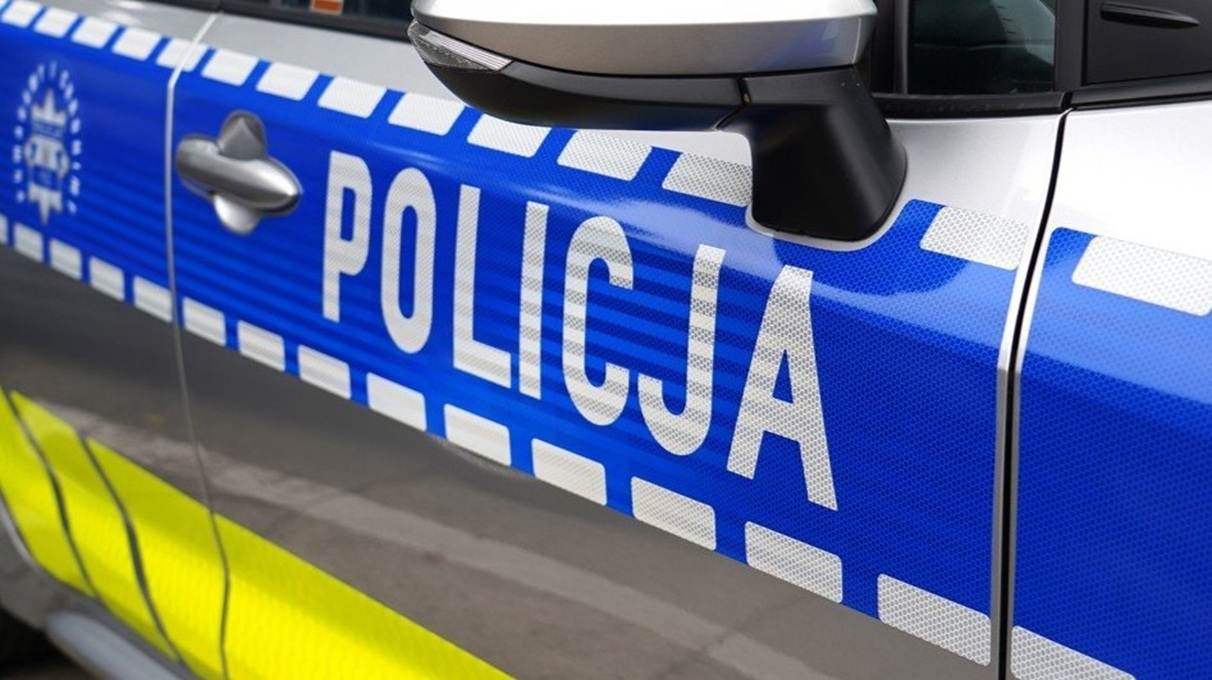UK driving theory tests will include CPR and defibrillator questions from early next year, marking a groundbreaking change to Britain's driving examinations. The Driver and Vehicle Standards Agency (DVSA) announced that motorists are often "first on the scene" when someone suffers a cardiac arrest, making this life-saving knowledge essential for drivers.
The campaign for this modification was spearheaded by Professor Len Nokes, chairman of the Save a Life Cymru initiative, whose 24-year-old daughter Claire died in 2017 from complications following a cardiac arrest. He stated: "When Claire, my daughter, had her cardiac arrest, some knowledge of CPR might have made a difference. I don't want any other family to go through this experience."
Metro reports that Claire's cardiac arrest occurred just after Christmas 2016, and she fought for nine months after her brain was without oxygen for more than 20 minutes. Professor Nokes visits his daughter's grave daily and talks to her every day, providing deeply personal motivation for his ongoing advocacy work.
Life-saving statistics drive change
Over 40,000 individuals across the UK experience an out-of-hospital cardiac arrest annually, with fewer than one in 10 surviving. Studies show survival rates can reach as high as 70% when CPR is administered and a defibrillator is deployed within three to five minutes of collapse.
Professor Nokes added: "All of us in this partnership hope that by making CPR and how to use a defibrillator part of the theory test, we will be able to significantly increase the number of people who have this life-saving awareness."
Implementation details
Incorporating CPR and defibrillator questions into the theory test ensures candidates will "have a better understanding of the skills to use in an emergency", the DVSA stated. Students must successfully complete the theory driving examination before scheduling a practical assessment.
Theory test candidates are expected to achieve a minimum of 43 correct answers from 50 multiple-choice questions, covering subjects including road signage, highway regulations, vehicle safety and first aid. They must also successfully complete a hazard perception video examination.
Over two million theory tests are taken annually, with approximately 45% of candidates achieving a pass.
Broader campaign goals
DVSA chief driving examiner Mark Winn commented: "Part of being a safe and responsible driver is knowing what to do in an emergency - how to step in and make a real, life-saving difference. Learning CPR and how to use a defibrillator is a very simple skill, and adding this into the official learning resource is a great way for DVSA to support the drive to raise awareness."
Metro reports that approximately 80% of cardiac arrests happen at home, and the campaign has broader ambitions including making defibrillators mandatory in large buildings over a certain size or occupancy. James Cant, chief executive of charity Resuscitation Council UK, said: "By embedding these life-saving skills into such a widely-taken assessment, we can help ensure that more people, from all communities, gain the knowledge and confidence to act during a cardiac arrest."
Sources used: "PA Media", "Daily Star", "WalesOnline", "Metro" Note: This article has been edited with the help of Artificial Intelligence.














